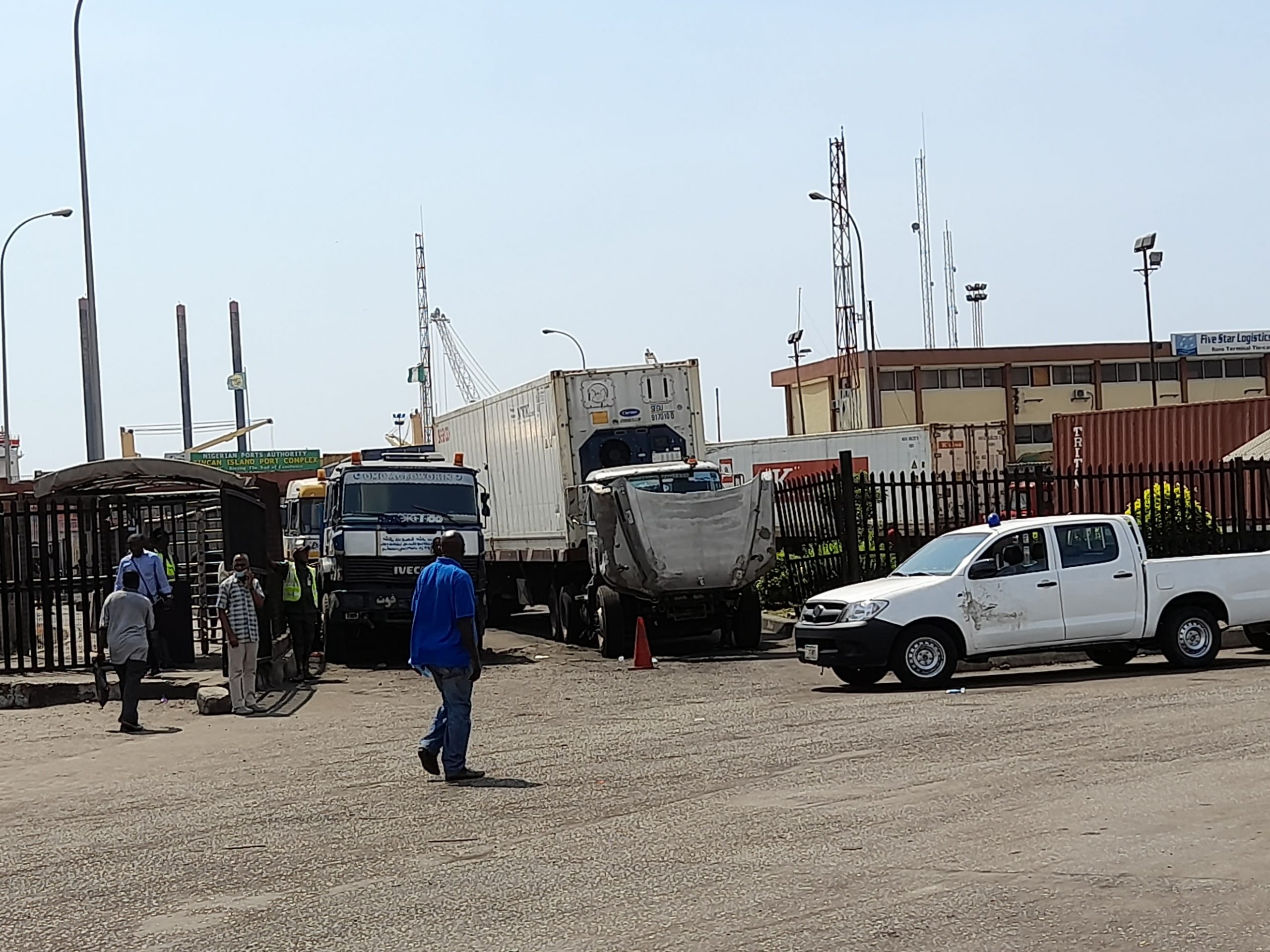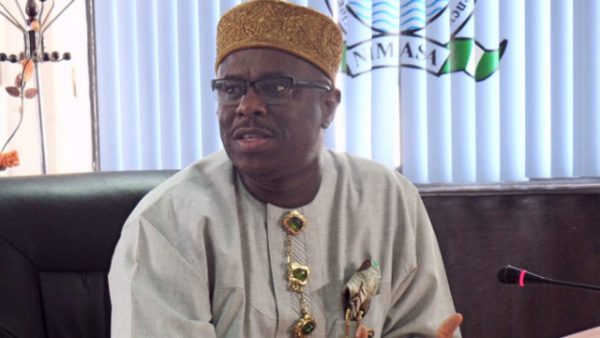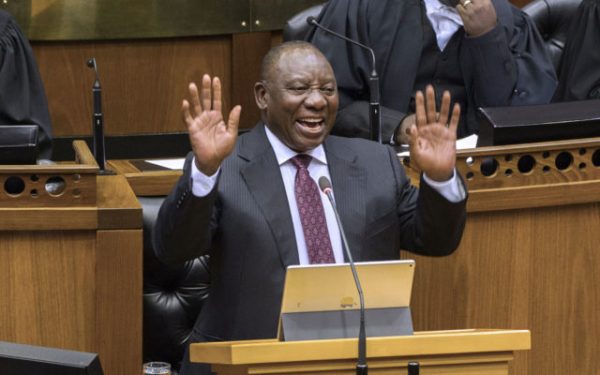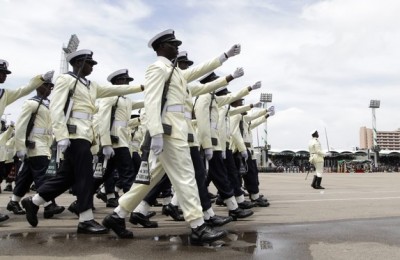Why Apapa, Tincan Account For 90% Of Trade Route – Operators
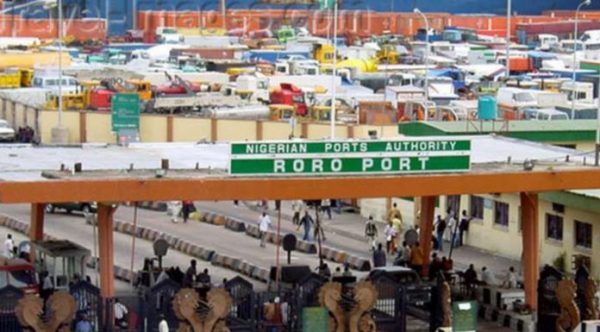
Customs licensed agents have explained why the Lagos Ports of Apapa and Tincan Island accounted for N10.83tn or 89.9 per cent of Nigeria’s total trade of N12.05tn in the first quarter of 2023.
Recall that the National Bureau of Statistics, in its first quarter 2023 Foreign Trade in Goods Statistics, said the Lagos ports of Apapa Ports and Tincan, accounted for N10.83tn or 89.9 per cent of Nigeria’s total trade of N12.05tn.
Export trade was valued at N6.3tn, while total imports were N4.53tn.
According to the report, the Apapa Port contributed N6.07tn of total exports or 83.56 per cent of total national exports, and Tin Can, N199.32bn or 3.07 per cent of total exports.
The Founder of the National Council of Managing Directors of Licensed Customs Agents, Mr Lucky Amiwero, in a chat with our correspondent on Sunday, described the two ports as traditional ports known to importers for decades.
He said, “One major reason for that is that Tincan and Apapa have a destination of cargo port and they are traditional ports that have been used by importers for a very long time.
“Some of these recent ports are new; people do not know them much so they have to do a lot of work. They may be a deep seaport but not with the needed facility. There are so many things experts have to look at.
“Looking at the advantages and disadvantages of Tincan and Apapa ports. They are city ports known all over the world. So importers are going to use them more until other deep seaports are well known.”
Also speaking, the Secretary General of the Association of Registered Freight Forwarders of Nigeria, Mr Frank Obiekezie, said the two ports of Apapa and Tincan were convenient to importers.
He also said that cargoes were more attracted to these two ports because of their draught, adding that more attention should be given to other ports in the east.
According to him, “It is something everybody knows they call Apapa the premier port and many people have keyed into it and also convenience to importers.
“And the government policy, because those in the eastern port have been clamoring for the government through the Nigerian Ports Authority to give some concessions to shipping companies to make use of some facilities, and then the nature of the port itself.”



